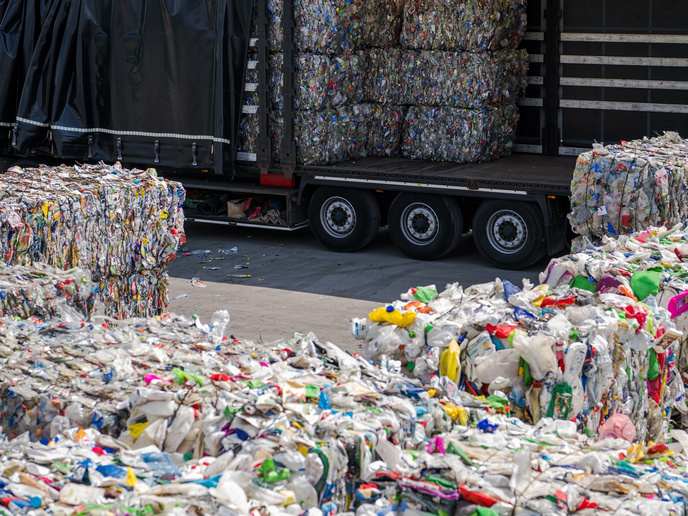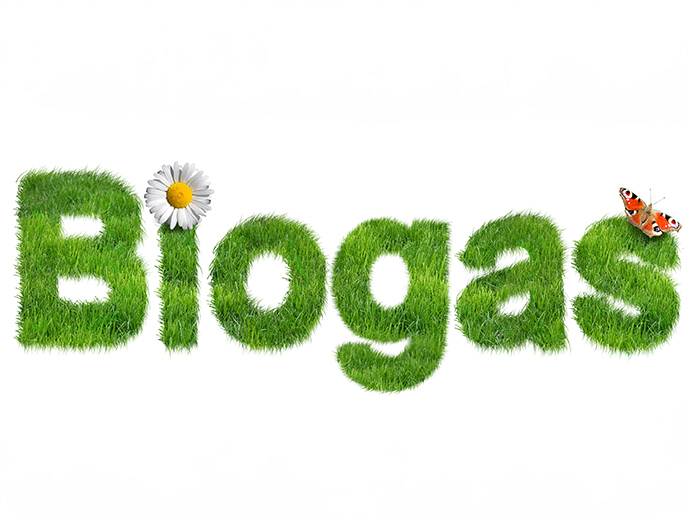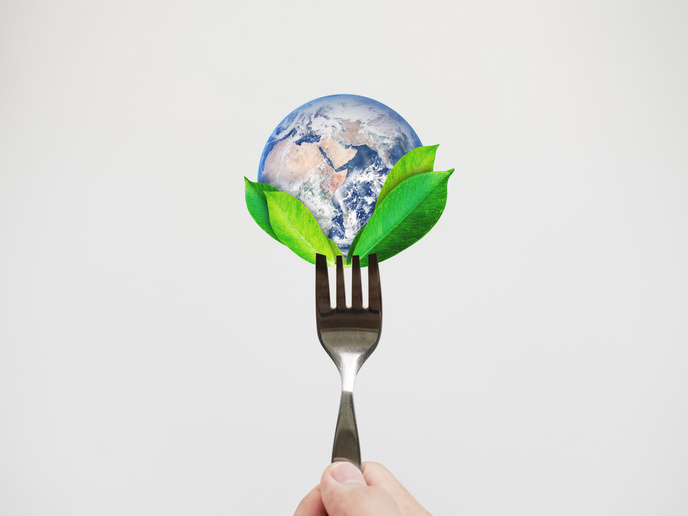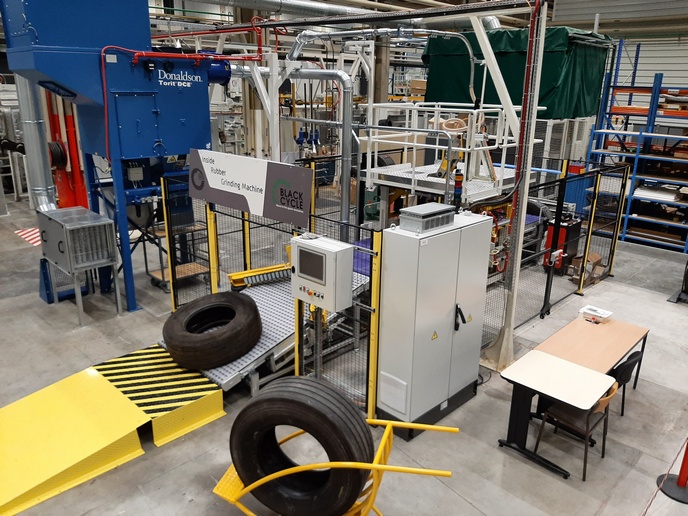Chemical technology takes PET recycling to the next level
Polyethylene terephthalate (PET) is a type of clear and strong plastic that stands out for its lightweight nature and 100 % recyclability. Unlike single-use plastics, it is versatile and can be repurposed and reused endlessly. Making up about 7.4 % of all plastics, it is widely used in manufacturing food packaging materials, films and fabrics. Traditional PET recycling methods mainly rely on mechanical recycling processes that transform PET-rich collected waste into a lower-quality recycled PET. While this method requires intense treatment and washing of the input material, the resultant mechanically recycled PET is still impure and unsuitable for reuse in food packaging owing to hygiene and safety concerns.
Chemical recycling to the rescue
Bearing these challenges in mind, only a minor portion of PET is currently recycled, most of which are clear and coloured bottles. This is due to limitations in the initial waste selection process, which leads to feedstock with high costs and significantly reduces the percentage of waste that can be recycled. The EU-funded ChemPET project sought to address this by developing and implementing chemical recycling. “This technology breaks down plastic polymers back to their basic monomer form and purifies it. Then, it feeds it back into the original polycondensation process, essentially replacing virgin fossil resources,” explains Luca Fragiacomo, project coordinator and branch manager at Italy-based company Garbo. In other words, ChemPET’s sophisticated solution transforms PET waste into a valuable resource for creating new, virgin-like cPET. This transformation is achieved by producing a stable and safe intermediate, known as BHET, which enables a fresh polymerisation into PET. The resultant product – chemically recycled PET (crPET) – matches the quality of virgin polymers and is even suitable for food-grade applications. “While chemical recycling requires higher initial investment compared to traditional mechanical recycling, its strength lies in using low-value feedstock, making it a sustainable solution,” notes Fragiacomo. “It also tackles issues related to difficult-to-recycle PET-based plastics, such as opaque packaging, multilayer materials and textile waste.”
Paving the way to industry-wide technology adoption
ChemPET was a significant milestone for Garbo, as the funding enabled it to concentrate its efforts on achieving engineering and technical completion of the first industrial ChemPET plant. Located at the company’s headquarters, the plant achieved a remarkable throughput of six tonnes per day of waste PET feed in the reactor. This achievement enables the market entry of the plant, particularly in textile waste recycling applications. Garbo has also protected its key process innovations, resulting in five filed patents and one more at the final stages of the study. It also secured the necessary permit process to operate its plant at the Cerano site. The impact of ChemPET’s technology is expected to be substantial. “In the future, we foresee the construction of large-scale chemical processing plants with an estimated capacity of 45 000 tonnes per year. A standard plant size will be efficient enough to process the PET waste available within a radius of 500 to 1 000 kilometres,” highlights Fragiacomo. “Looking ahead, further development of our technology will stem from licensing activities. These are expected to boost the adoption of the technology by PET producers and converters worldwide,” concludes Fragiacomo.
Keywords
ChemPET, PET, plastic, Garbo, chemical recycling, polymer, BHET







